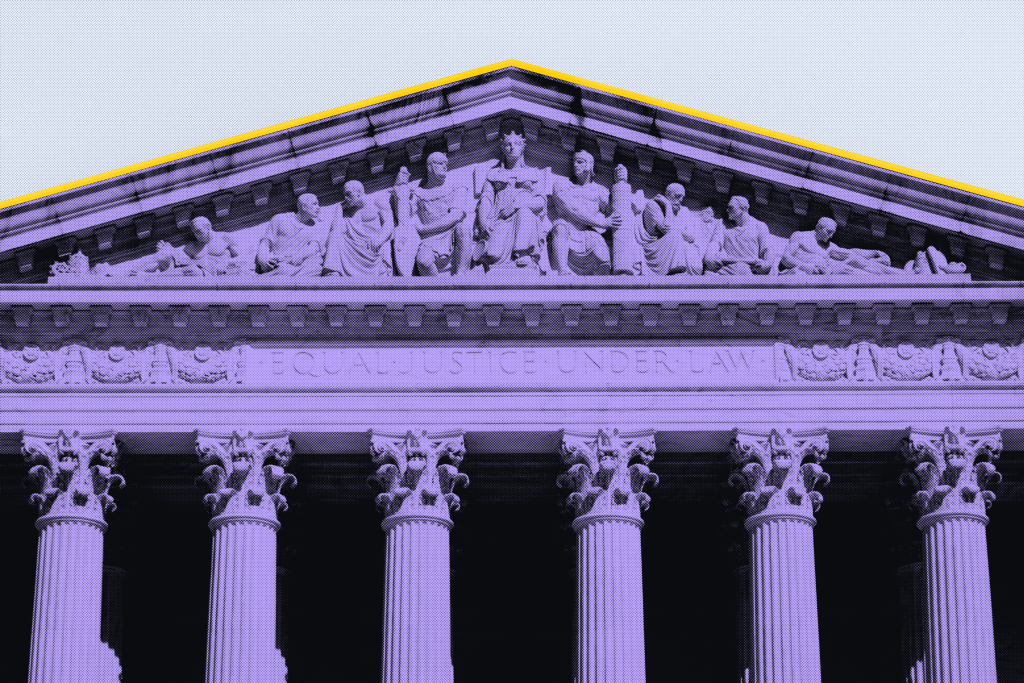The Report on Digital Asset Financial Stability Risks and Regulation by the Financial Stability Oversight Council (FSOC) has drawn much attention for its conclusion that “crypto-asset activities could pose risks to the stability of the US financial system”. The report estimates global crypto-asset capitalization reached roughly $3trn last November.
But much reaction to the report has glossed over the important presence of the word “could”, thereby obscuring the FSOC paper’s recommendations on addressing “specific financial stability risks and regulatory gaps posed by various types of digital assets”. Those recommendations provide regulators with a basis upon which to construct an approach.
Activities could pose risk
The paper says clearly that “Crypto-asset activities could pose risks to the stability of the US financial system if their interconnections with the traditional financial system or their overall scale were to grow without adherence to or being paired with appropriate regulation, including enforcement of the existing regulatory structure.”
It identifies risks to financial ability as;
- lack of basic controls to protect against run risk or to ensure leverage is not excessive;
- prices being driven primarily by speculation;
- many crypto-asset firms having links to entities with what it terms “risky business profiles and opaque capital and liquidity positions”;
- concentration of key services related to distributed ledger technology.
It goes to identify three regulatory gaps. These are:
- Spot markets for crypto-assets are subject to limited direct regulation. This means measures preventing conflicts of interest and market manipulation often do not feature.
- The absence of a single regulator with visibility across all activities of all subsidiaries of some crypto-asset business.
- Vertical integration of services provided by intermediaries that expose consumers to risk.
The report also raises concerns about some crypto-asset firms misrepresenting how they are regulated, leading to significant consumer confusion.
Key recommendations
The FSOC concludes by making three recommendations, quoted in full here.
“To address regulatory gaps, the Council recommends:
- the passage of legislation providing for rulemaking authority for federal financial regulators over the spot market for crypto-assets that are not securities;
- steps to address regulatory arbitrage including coordination, legislation regarding risks posed by stablecoins, legislation relating to regulators’ authorities to have visibility into, and otherwise supervise, the activities of all of the affiliates and subsidiaries of cryptoasset entities, and appropriate service provider regulation; and
- study of potential vertical integration by crypto-asset firms.”













